Britain & Ireland
What was it about industrialisation that led to the emergence of a woman’s movement in Victorian Britain? Why do we see so many people fighting for so many rights and liberties in this period and what are the origins of some of the issues we still campaign on today? This section includes our major series on Social and Political Change in the UK from 1800 to the present day. There are also articles and podcasts on the often violent relationship between England and Ireland during this period and England’s changing relationship with Scotland and Wales. Read more
Sort by:
Date (Newest first) | Title A-Z
Show:
All |
Articles |
Podcasts |
Multipage Articles
-

Faster, Higher, Stronger: The Birth of the Modern Olympics
ArticleClick to view -

Film: Bricks and the making of the city - London in the 19th century
ArticleClick to view -

Film: Reimagining the Blitz Spirit
ArticleClick to view -

Film: The Quest for the Lost of the First World War
ArticleClick to view -

Film: “The Talk Should Not Be Broadcast”: Homosexuality and the BBC before 1967
ArticleClick to view -
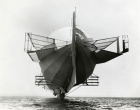
First Zeppelin shot down over Britain
ArticleClick to view -

Florence Nightingale and epidemics
ArticleClick to view -

Football and British-Soviet Relations
ArticleClick to view -
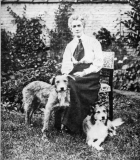
Four faces of nursing and the First World War
ArticleClick to view -

From Disraeli to Callaghan: Britain 1879 - 1979
ArticleClick to view -
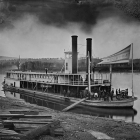
From Sail to Steam
ArticleClick to view -
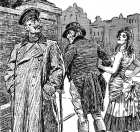
Gary Sheffield: Origins of the First World War
ArticleClick to view -

Gladstone and the London May Day Demonstrators, 1890
ArticleClick to view -

Guy Fawkes in Manchester: The World of William Harrison Ainsworth
ArticleClick to view -

Hammer, House of Horror: The making of a British film company, 1934 to 1979
ArticleClick to view -

Harriet Kettle, Victorian rebel
ArticleClick to view -
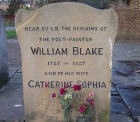
Hat on headstones
ArticleClick to view -

Heritage and History
ArticleClick to view -

History Abridged: Balmoral
ArticleClick to view -

History Abridged: The census
ArticleClick to view

